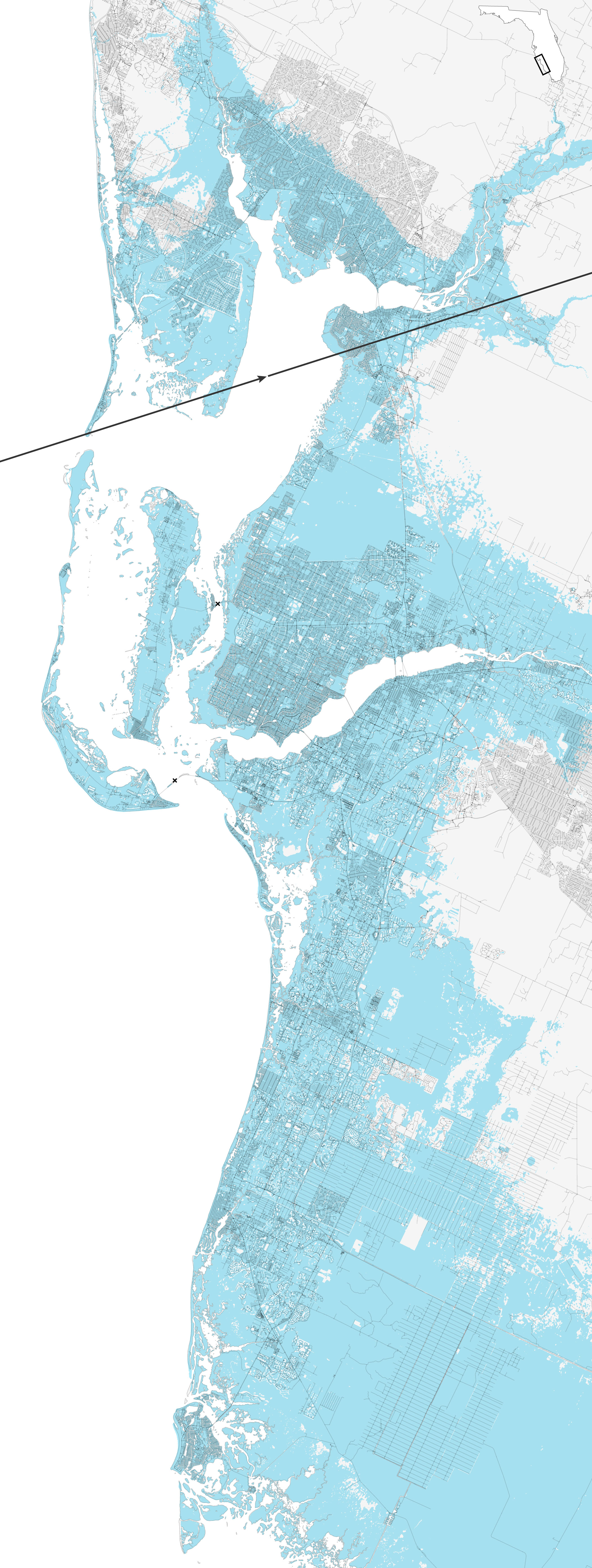OK, I hate to be harsh, but maybe they sell that home and buy a home where they CAN afford the insurance.
Going back to the OP, should the government (and therefore the taxpayers) be on the hook for rebuilding that 7 generation old home? I mean I'd love for our government to be able to make everyone affected by a natural disaster "whole", but that's an entire other discussion that WOULD go into politics.
If you're a waterman, you can't just sell and move; your whole livelihood is tied up in the anchorage and the fish docks. Many of them mortgage their homes to pay for their boats, and without their boats, they have nothing. (Which is why so many of them rode out the storm ON their boats. When it comes right down to it, the boat matters more than anything.) Do you know many shrimpers? I do, and most of them have been doing it since they were 12; it's rare for them to have much education, so starting over is a more-difficult than normal proposition for them. However, it is impossible for the local economy to do without them; the hospitality industry in that area depends greatly on the availability of fresh locally-caught seafood. The service workers also need a place to live relatively nearby. (My DD's GF is a teacher at a barrier island school; she can't afford to live there, but she has to be at work at 7 am, so living really far inland isn't much of an option.)
The thing about that shrimper's old homestead is that it's probably been rebuilt a few times since 1935, more than likely it's 850 sq. ft and built of concrete block; therefore really not expensive to rebuild, even at high impact standards. What's expensive, as a pp noted, are things like the causeways and roads, which are not there for the watermen (who after all, have boats), but for the tourists and the wealthy vacation home owners; THAT is what is really costing the taxpayers (though the Sanibel Causeway has a toll.)
PS: I'll clarify that I'm not trying to say that watermen and park rangers and cooks and the like don't use the infrastructure; of course they do. However, in many ways, they also ARE the infrastructure; because without what they do, most of the tourists and the vacation home owners (and their lovely tax dollars) would not come. Tourists really didn't come to most of those islands until the bridges were built, primarily in the 50s and 60s, though the watermen and farmers had been out there since the mid 19th century. Sanibel for example, has about 6400 permanent residents; but the population swells to nearly 30K during snowbird season, and they normally get about 4.5M non-resident visitors in a typical year. I'd say that makes a pretty good case for the year-round population's load on the infrastructure being comparatively light compared to that of second-home owners and short-term visitors.
Also, Sanibel is a special case, it's over 60% protected wildlands, precisely because developers started plans to go hog-wild the minute that a bridge was built in 1963. It was one of the last populated wild islands left after the boom & bust years, and conservationists convinced the Nat'l Park Service to buy most of the island then in order to scuttle those development plans, though some of the land was later ceded to the state and to a private conservation trust. The Feds still own 8 of the 18 sq. miles. Wealthy people who build on Sanibel often have their initial plans shot down because of the height limits; you can't go higher than the tallest tree on the island, which in practice is about 3 stories.

